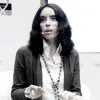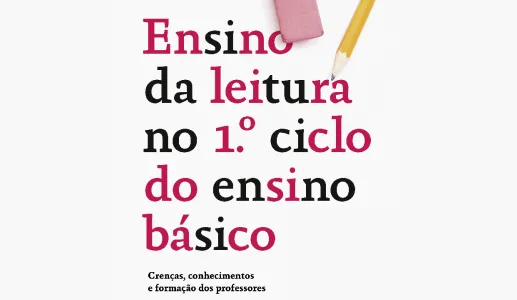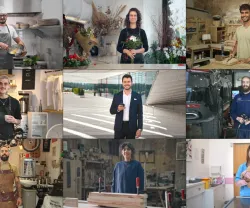
Teaching children how to read in the 1st Cycle of Basic Education
For the vast majority of learners, learning to read involves a systematic and lengthy teaching process that goes far beyond teaching the letters of the alphabet. Reading is not a natural act, but a social act and a complex skill that results from the integration of several other skills. This extremely important social act therefore results, for the overwhelming majority of people, from another social act of no less importance and significance: teaching.
It is no coincidence that governments all over the world have made great efforts throughout the 20th and 21st centuries to provide their children with minimum access to reading and books. The imposition of compulsory schooling is a central element of this effort, as is the creation of easily accessible libraries, such as mobile libraries. More recently, access to computers and the internet have greatly expanded the supply and access.
The project «Teaching children how to read in the 1st Cycle of Basic Education: Beliefs, knowledge and teacher training», which gave rise to this FFMS study, was developed from the recognition that children's progress in the area of reading is fundamentally dependent on the quantity and quality of the teaching they are subject to.
While it is unquestionable that there are other factors, such as family stimulation, which significantly influence this development, it is no less true that teaching and teachers are even more important for children who are less stimulated at home. The general aim of the project was to investigate the preparation of Portuguese elementary school teachers in the area of teaching children how to read, specifically:
- teachers' perceptions of the main models and methods for teaching children how to read
- the factors and situations (initial training, learning from colleagues) which, in the opinion of the participants, most influenced their current way of teaching
- how they perceive their knowledge of teaching children how to read
- the disciplinary knowledge they actually have for teaching children how to read
- the activities they typically carry out in a two-hour Portuguese language block
- the reading training currently being given to future 1st cycle teachers at national universities and polytechnics
The knowledge that arises from this project, which Fundação Francisco Manuel dos Santos is committed to publicising, makes it possible to identify strong and weak areas in teacher training and action, thus contributing to more in-depth information for the interested public and political decision-makers about the reality of teaching children how to read in the 1st cycle of schooling, from which ideas for improving teaching and training practices can be derived.






